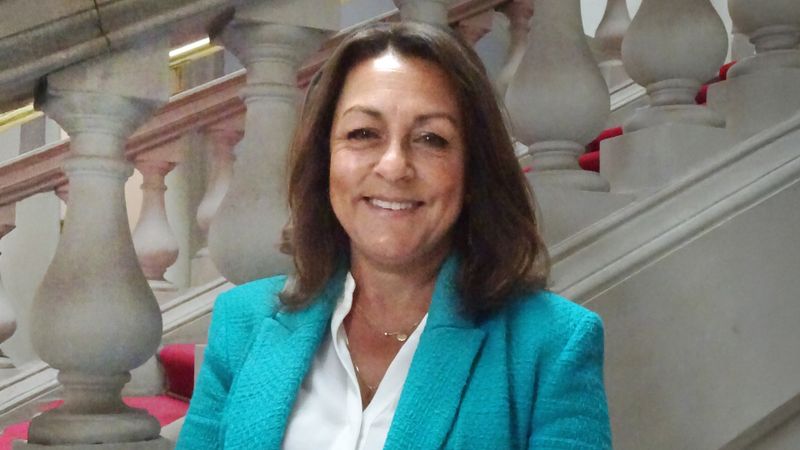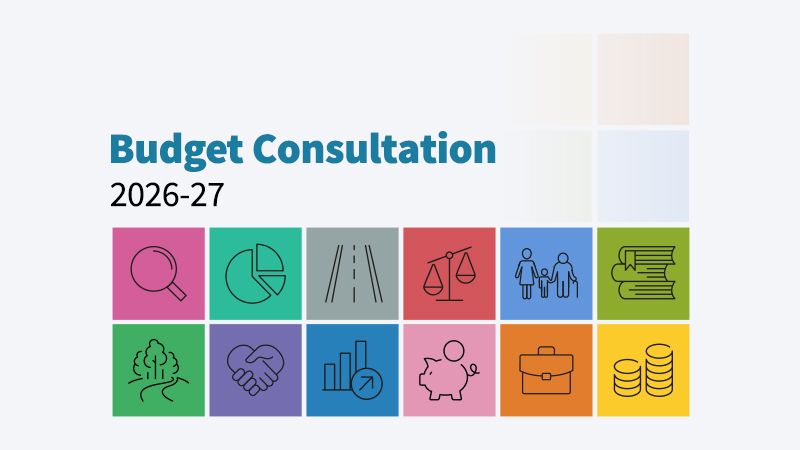Residents can have their say on proposals to factor in higher, or enhanced, rates of disability benefits in financial assessments, and introduce a one-off fee for new self-funders, in two consultations launched today.
Both consultations are available to read, download and respond to on KCC’s Let’s Talk Kent website at www.kent.gov.uk/adultsocialcarecharging.
The consultation documents and questionnaires are also available in Easy Read and large print formats from this webpage, or on request, via the contact details below.
Including higher level of disability benefits in financial assessments
Taking into account some enhanced benefits when assessing how much public money will contribute to a person’s care could raise around £3.5million a year. But higher rates of Attendance Allowance and Disability Living Allowance would only be considered when an individual is receiving day and night care arranged by KCC; and, this proposal does not apply to anyone in a residential care home.
To gain a better understanding of the impact of this proposal, KCC particularly wants to hear from:
- individuals who already receive care in their own home, or in the community, and receive higher rate Attendance Allowance (AA), Disability Living Allowance (DLA) or enhanced Personal Independence Payment (PIP)
- carers, and
- organisations representing disabled and older people.
Self-funding arrangements
KCC is also gathering views on the proposal to introduce a new self-funding arrangement set-up fee for all new self-funders.
The proposed £352 fee would cover administration costs when an individual does not qualify for publicly funded care but would like KCC to negotiate and manage their care on their behalf with providers.
Under the proposals, all new self-funders would be able to decide if they wish to pay the new fee, or to make other arrangements for their support that does not involve the Council – meaning the fee would not be required. This could include arranging care directly with a care provider, or asking a relative or friend to do this for them.
In 2023 there were 400 new self-funders. Based on this figure, if the proposed set-up fee was to be introduced, KCC would expect to raise around £140,800 a year.

“...along with many other councils in England, we’re having to make tough decisions and find ways to ensure our services are sustainable for the future”
Kent County Council Cabinet Member for Public Health and Adult Social Care, Dan Watkins, said: “We’re facing ever-increasing demands for complex care services, rising costs of care and a lack of adequate funding from central government. It means that, along with many other councils in England, we’re having to make tough decisions and find ways to ensure our services are sustainable for the future.
“2014’s Care Act gave local authorities the power to change their charging policies to take in account higher, or enhanced, rates of disability benefits when assessing the contribution some people should make towards their care – subject to consulting and carrying out an Equality Impact Assessment. A number of councils have subsequently since done so.
“Our set-up fee for self-funding care arrangements is also among the lowest local authority fees in the country and has not been reviewed since it was introduced in 2017.
“It’s important we hear from people who draw on social care and support, and organisations working on the frontline, to help us make informed decisions; and I urge and residents, carers, care providers and organisations representing disabled and older people to have their say.”
Both consultations will run to midnight on Sunday, 7th April 2024, and be promoted, including across social media, in libraries and gateways and through care providers and community groups.
To help drive feedback, KCC is also writing to over 12,000 people who could be impacted by both proposals now, or in the future, to ask directly for views.
Following an assessment of responses, findings from the consultations are due to be considered by the Health Reform and Public Health Committee in May, ahead of any final decisions being reached.
Contact information
(monitored Monday to Friday, 9am to 5pm)
If you have questions about the proposed changes, or need paper copies of the consultation material, you can:
- email: adultsocialcarecharging@kent.gov.uk
- phone: 03000 422 557




